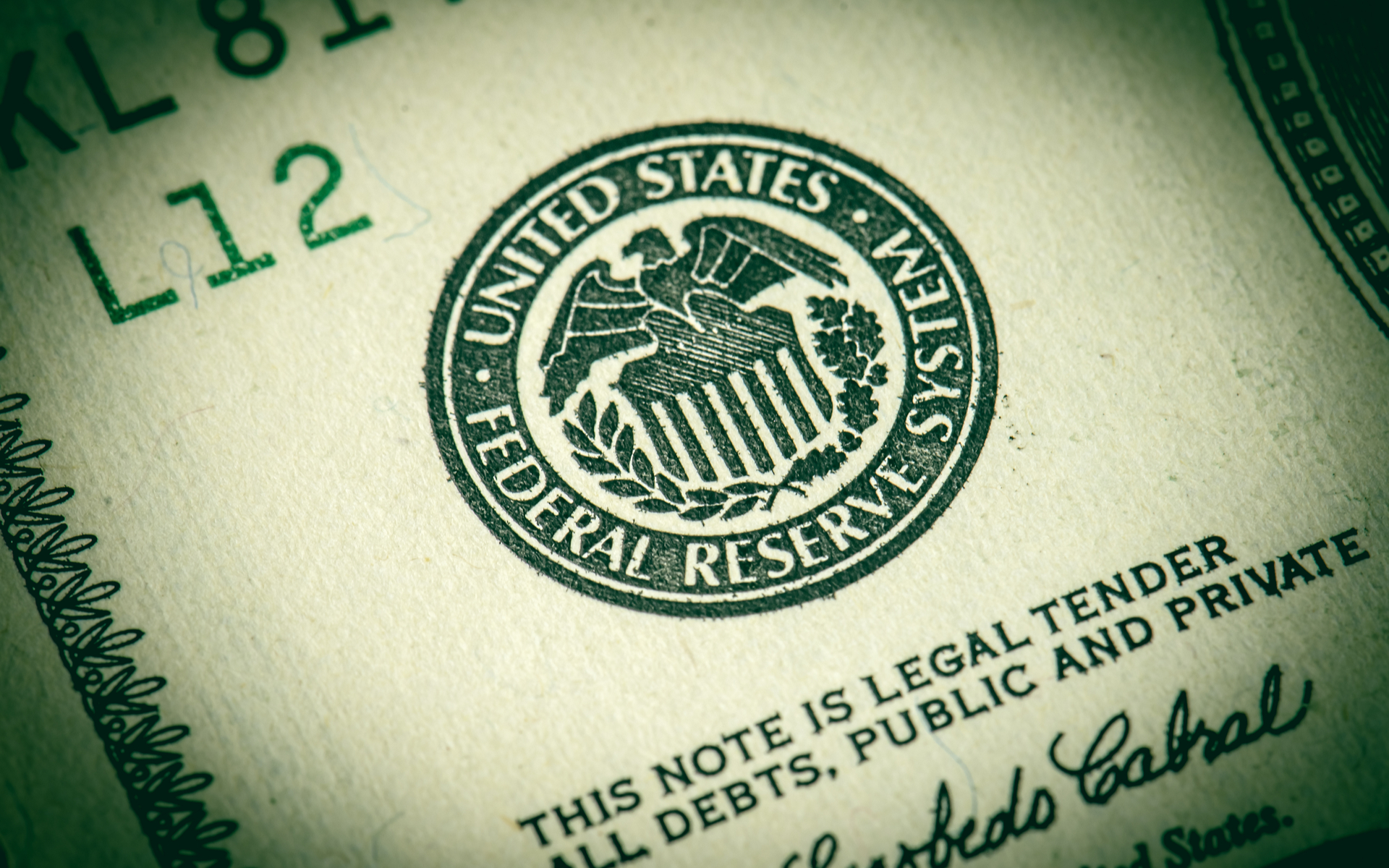PALO ALTO, Calif. (Reuters) - The Federal Reserve is looking at a broad range of concerns around digital payments and currencies, including policy, style and legal factors to consider around potentially issuing its own digital currency, Governor Lael Brainard stated on Wednesday. Brainard's remarks recommend more openness to the possibility of a Fed-issued digital coin than in the past." By transforming payments, digitalization has the potential to deliver higher value and benefit at lower cost," Brainard stated at a conference on payments at the Stanford Graduate School of Organization.
Reserve banks internationally are debating how to manage digital financing technology and the distributed ledger systems utilized by bitcoin, which assures near-instantaneous payment at potentially low expense. The Fed is establishing fedcoin news its own round-the-clock real-time payments and settlement service and is currently examining 200 remark letters sent late in 2015 about the suggested service's design and scope, Brainard stated.

Less than 2 years ago Brainard informed a conference in San Francisco that mcdonaldauto.ning.com/profiles/blogs/fedcoin-and-the-digital-dollar-explained-whatismoney-info there is "no engaging demonstrated need" for such a coin. However that was before the scope of Facebook's digital currency aspirations were Get more information commonly understood. Fed officials, consisting of Brainard, have actually raised concerns about customer protections and data and personal privacy hazards that could be presented by a currency that could come into usage by the third of the world's population that have Facebook accounts.
" We are teaming up with other central banks as we advance our understanding of reserve bank digital currencies," she stated. With more nations looking into releasing their own digital currencies, Brainard said, that adds to "a set of factors to likewise be ensuring that we are that frontier of both research and policy advancement." In the United States, Brainard said, concerns that require study consist of whether a digital currency would make the payments system more secure or simpler, and whether it could position financial stability risks, consisting of the possibility of bank runs if money can be turned "with a single swipe" into the reserve bank's digital currency.
To counter the financial damage from America's extraordinary national lockdown, the Federal Reserve has taken extraordinary actions, consisting of flooding the economy with dollars and investing straight in the economy. Most of these relocations received grudging acceptance even from lots of Fed doubters, as they saw this stimulus as required and something only the Fed could do.
My brand-new CEI report, "Government-Run Payment Systems Are Risky at Any Speed: The Case Against Fedcoin and FedNow," details the dangers of the Fed's current prepare for its FedNow real-time payment system, and propositions for central bank-issued cryptocurrency that have actually been called Fedcoin or the "digital dollar." In my report, I talk about issues about privacy, Helpful hints data security, currency control, and crowding out private-sector competitors and innovation.
Proponents of FedNow and Fedcoin say the government should create a system for payments to deposit immediately, instead of encourage such systems in the economic sector by raising regulative barriers. However as kept in mind in the paper, the personal sector is supplying a relatively limitless supply of payment innovations and digital currencies to solve the problemto the degree it is a problemof the time space between when a payment is sent and when it is received in a bank account.
And the examples of private-sector innovation in this location are lots of. The Cleaning House, a bank-held cooperative that has actually been routing interbank payments in different forms for more than 150 years, has actually been clearing real-time payments considering that 2017. By the end of 2018 it was covering 50 percent of the deposit base in the U.S.